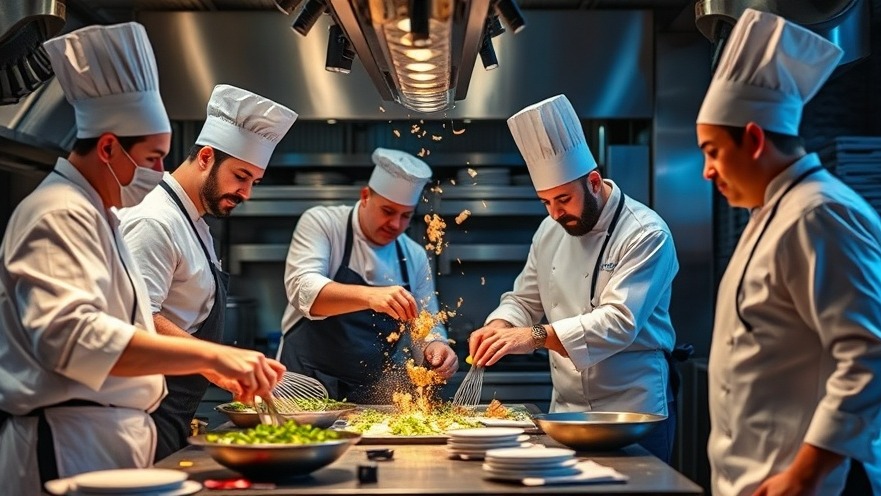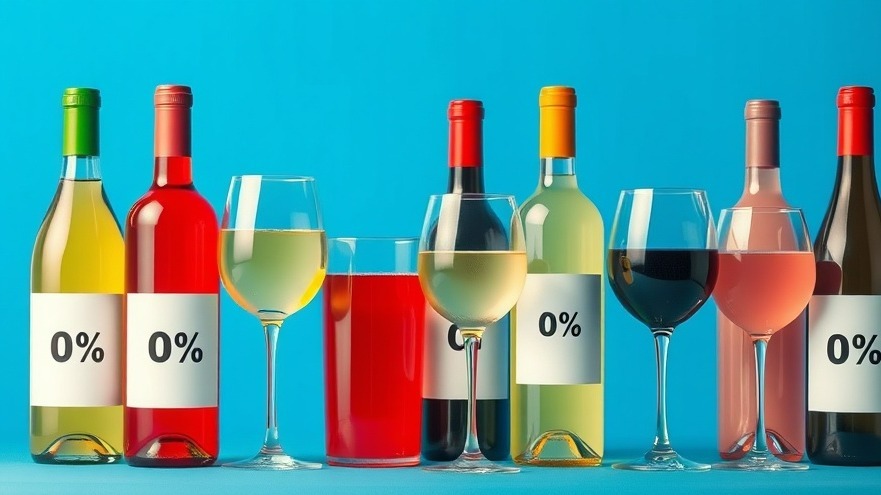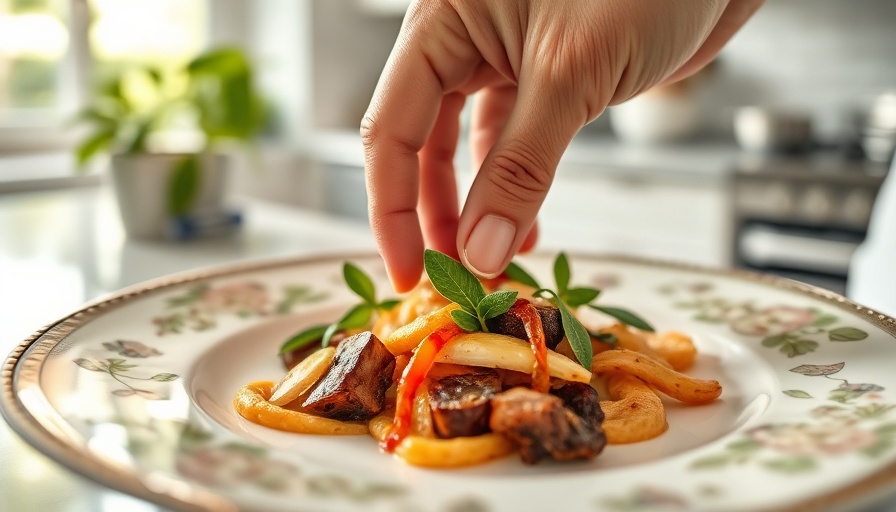
Unpacking Culinary Diplomacy: What’s Cooking in Washington?
The intersection of cuisine and diplomacy is not just a matter of good taste; it speaks volumes about cultural values and political priorities. In recent years, the partnership between the U.S. State Department and the James Beard Foundation—which aimed to position American chefs as culinary ambassadors—has hit a snag. Originally established under Secretary of State Hillary Clinton in 2012, this initiative known as the American Culinary Corps aims to leverage the universal language of food in fostering international relations. However, this soft power initiative saw a halt during the Trump administration, raising questions about the future of culinary diplomacy.
Why Food Matters in Diplomacy
The notion that food can serve as a bridge between cultures is not without merit. As Chef Edward Lee aptly puts it, “Food has a power for dialogue.” This sentiment is echoed by former Culinary Diplomacy Project director Lauren Bernstein, who has emphasized the role of cuisine in connecting people. In an era where political discourse can often be divisive, the ability of chefs to form connections through food is more important than ever. The statement by Secretary Blinken about reevaluating these programs reveals a disconnect that could stymie diplomatic efforts that rely on interpersonal relationships.
Chefs Taking Culinary Diplomacy into Their Own Hands
Despite setbacks, chefs across the nation are stepping up their game to continue the spirit of culinary diplomacy independently. José Andrés, recognized for his humanitarian work and culinary initiatives, champions the idea that culinary diplomacy doesn’t require formal backing from the government. In his view, initiatives can originate from local communities, emphasizing the role of chefs as advocates of cultural understanding and compassion. By engaging directly in their communities and abroad, chefs are embracing the long-held belief that sharing meals transcends political boundaries.
The Role of Notable Chefs in Diplomatic Events
High-profile chefs are also instrumental during official state events. For instance, Cris Comerford, the first female executive chef of the White House, alongside Susie Morrison, has crafted exquisite menus for various foreign dignitaries, subtly showcasing American agricultural diversity while honoring their guests’ heritage. A menu tailored for Japanese Prime Minister Fumio Kishida featured ingredients sourced from around the U.S. Yet, the emphasis was on representing American flavors and textures, a delicate balance chefs must strike between honoring guests and showcasing local produce.
Diverse Perspectives on Culinary Diplomacy
The idea of culinary diplomacy is sometimes met with skepticism. Critics, particularly from conservative circles, often label such initiatives as a waste of taxpayer dollars. Yet, proponents argue that the social and cultural dividends gained from these delicious dialogues far outweigh financial concerns. Engaging through food is about more than just feeding people; it's about fostering goodwill and understanding between nations—an invaluable endeavor in today’s globalized world.
Future of Culinary Diplomacy Under New Leadership
The future trajectory of culinary diplomacy in the U.S. hinges on political priorities as new administrations take office. José Andrés remains optimistic about Secretary of State Marco Rubio’s potential to revive these initiatives, citing Rubio's immigrant background and understanding of food as a cultural connector. As culinary diplomacy evolves, the chefs who embrace these ideals could be the unlikely heroes in fostering peace through plates.
What You Can Do: Get Involved
The need for understanding and connecting through culinary experiences is greater than ever. As a food enthusiast, you can consider volunteering at local food banks, participating in community culinary events, or even hosting international meals at home to encourage cross-cultural conversations. Culinary diplomacy can start in your own kitchen if you’re willing to share a meal with someone from a different background. With every plate served, a bridge is built.
In the unfolding narrative of diplomatic relations, food remains a potent ally. So, whether you’re a chef, a home cook or just a food lover, consider how your culinary choices can contribute to a more connected world. Remember, culinary diplomacy starts with you!
 Add Row
Add Row  Add
Add 




Write A Comment